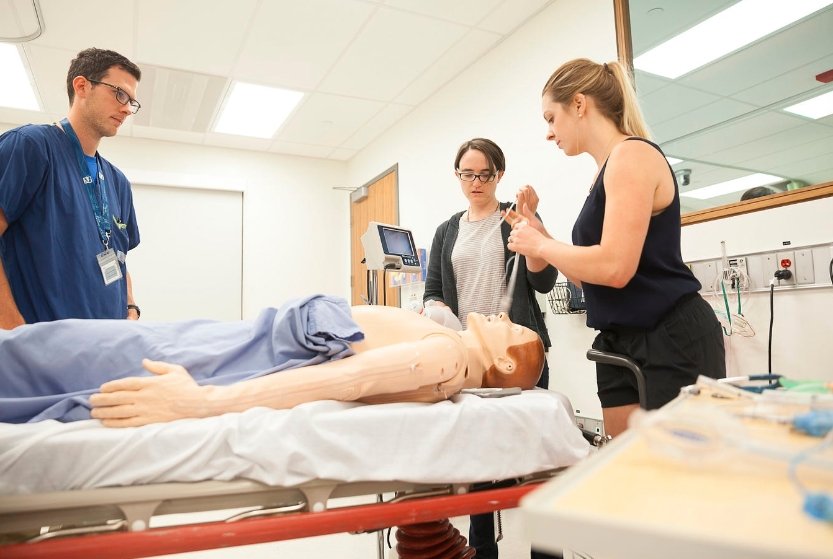A recent study led by San Diego State University (SDSU) researcher Corinne McDaniels-Davidson highlights the critical role of patient perception in healthcare outcomes. The research, published in the Journal of the National Cancer Institute, focuses on how cancer patients’ beliefs about cannabis influence their decision to use it for symptom management. The study underscores the need for better communication between patients and healthcare providers to ensure informed decision-making and optimize care.
Understanding Patient Perception
Patient perception significantly impacts their healthcare decisions and outcomes. The study found that many cancer patients use cannabis to manage symptoms, but their beliefs about its effectiveness vary widely. Some patients perceive cannabis as a beneficial treatment, while others are skeptical or unaware of its potential risks and benefits.
Effective communication between healthcare providers and patients is essential to address these perceptions. By understanding patients’ beliefs and providing accurate information, healthcare providers can help patients make informed decisions about their treatment options. This approach not only improves patient satisfaction but also enhances treatment adherence and outcomes.

Moreover, the study revealed that patients who believed in the benefits of cannabis were more likely to use it, while those who perceived risks were less likely to do so. This finding highlights the importance of addressing misconceptions and providing evidence-based information to patients.
The Role of Healthcare Providers
Healthcare providers play a crucial role in shaping patient perceptions and decisions. The study emphasizes the need for providers to engage in open and honest conversations with patients about their treatment options, including the use of cannabis for symptom management. By doing so, providers can build trust and ensure that patients have a clear understanding of the potential benefits and risks.
Providers should also be aware of the legal and regulatory landscape surrounding cannabis use. This knowledge enables them to guide patients appropriately and ensure that their recommendations are based on the latest evidence and best practices. Additionally, providers should be prepared to address any concerns or questions patients may have about cannabis use.
The study suggests that healthcare providers should receive training on how to effectively communicate with patients about cannabis and other alternative treatments. This training can help providers develop the skills needed to navigate complex conversations and provide patients with the information they need to make informed decisions.
Implications for Future Research
The findings of this study have significant implications for future research and healthcare practice. Further research is needed to explore the impact of patient perception on other aspects of healthcare, such as treatment adherence, patient satisfaction, and overall health outcomes. Understanding these relationships can help healthcare providers develop more effective communication strategies and improve patient care.
Additionally, future studies should investigate the factors that influence patient perceptions, such as cultural beliefs, personal experiences, and social influences. By identifying these factors, researchers can develop targeted interventions to address misconceptions and promote accurate information about treatment options.
The study also highlights the need for ongoing education and training for healthcare providers. By staying informed about the latest research and best practices, providers can better support their patients and ensure that they receive the highest quality care. This commitment to continuous learning and improvement is essential for advancing healthcare and improving patient outcomes.




